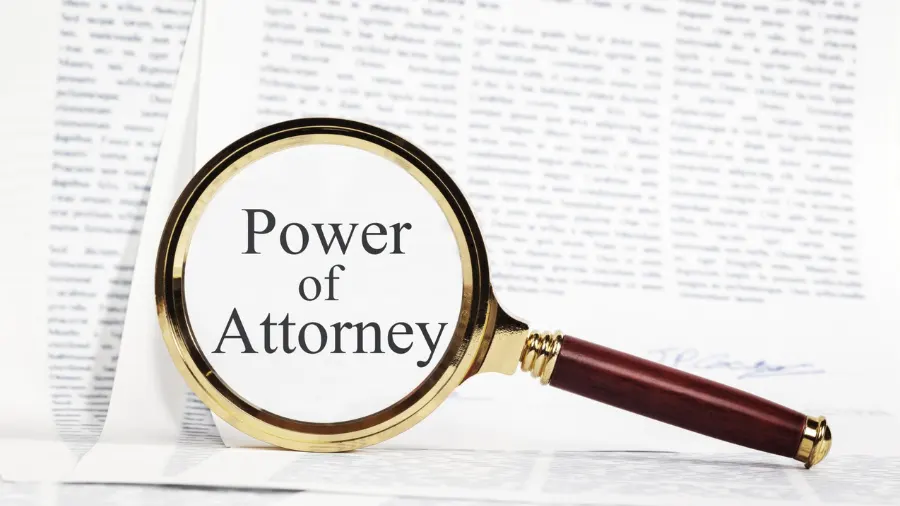What if you could have someone you trust to care for your important business matters when you’re not around? With a Power of Attorney (POA), you can! This legal document empowers an agent to act on your behalf, whether handling business, financial, or legal matters. It’s a safety net that meets your needs, no matter the circumstances.
In this article, we’ll explore the different types of POA and how having a trusted agent can provide you with security, flexibility, and peace of mind in your professional life.
What is the Power of Attorney?
A Power of Attorney (POA) is a legal document that authorizes an individual (the agent or attorney-in-fact) to act on behalf of another person (the principal) in specific or broad matters. This delegation of authority is commonly used when the principal is unavailable, incapacitated, or requires assistance in managing legal, financial, or business-related affairs. A POA is like giving someone permission to take care of important things for you when you can’t.
Different Types of Power of Attorney
The Power of Attorney (POA) form is a flexible legal document that comes in different types to suit various situations. Choosing the right type is important to meet the principal’s specific needs and objectives. Here’s a simple overview of the main types:
General Power of Attorney
A General Power of Attorney grants broad authority to the agent, enabling them to manage a wide range of tasks on behalf of the principal, such as financial transactions, buying or selling property, and handling legal matters. This type of POA is typically used when the principal needs comprehensive representation, for example, during extended absences or business travel. However, due to its wide scope, it requires a high level of trust in the agent, as they are granted significant control over the principal’s affairs.
Special or Limited Power of Attorney
A Special or Limited Power of Attorney restricts the agent’s authority to specific tasks or circumstances, such as selling a property, managing a single financial account, or completing a defined transaction. This type of POA is ideal when the principal only needs the agent to perform a particular function or during a specific timeframe. Limiting the scope of authority allows the principal to retain control over other aspects of their affairs while delegating particular responsibilities to the agent.
Durable Power of Attorney
A Durable Power of Attorney ensures that the agent can continue to manage operations, such as customs compliance, shipments, and inventory, even if the principal becomes incapacitated. This type of POA is particularly valuable for companies seeking long-term assurance that their operations will continue uninterrupted in the event of unforeseen circumstances, such as illness or sudden incapacity. By establishing a durable POA, businesses can ensure that critical logistics functions are still carried out according to the principal’s wishes, maintaining operational continuity without disruption.
Responsibilities and Limitations of a Power of Attorney
The agent under a Power of Attorney is entrusted with managing financial, healthcare, and legal matters for the principal, always acting in their best interest, following their instructions, and avoiding conflicts of interest. However, the agent can only act within the scope of authority granted in the Power of Attorney document, must remain loyal and transparent, and is legally obligated to respect the principal’s rights and interests, avoiding any harm or personal gain.
Unlock Global Trade Opportunities
Don’t let the complexities of international shipping and customs regulations hold your business back. Instead, hire a licensed Importer of Record to expertly manage regulatory challenges and simplify exports with EOR services to keep your global shipments running smoothly. Our seasoned professionals are here to help you expand into new markets with confidence.
Fill out the form now to tap into our extensive network and streamline your international trade processes.

